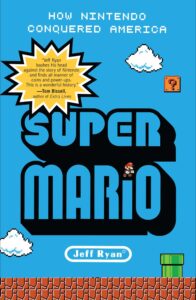Fun fact I hadn’t heard before:
“There were two major candidates for the role of Big Van Vader, who was going to be the monster foreign heel, one being White and the other being Jim Hellwig. Hellwig signed with Titan Sports and of course became The Ultimate Warrior just before the decision as to which one of the two was supposed to be Vader, although the original Vader drawings called for a large muscular man built more along with likes of Hellwig.” — The Wrestling Observer Yearbook ’93: The Year of Major Beginnings and Major Endings (Wrestling Observer Newsletter 1) by Dave Meltzer
There are a bunch of these Wrestling Observer Yearbooks on Kindle Unlimited. No brained if you’re a wrestling fan. Each is organized by topic and then the articles are curated by topic in chronological order. It’s great. Just tons of small details about my favorite periods in wrestling.
The Vader and Ultimate Warrior fact above is an example.
Another is that, yes, I had read that Sid and Arn Anderson got in a fight with scissor stabbings. But the chapter in The Wrestling Observer is where I first heard the specific type of scissors: round tipped safety scissors instead of the sharp tipped kind. The latter probably would’ve lead to someone dying.
What’s the tenuous creativity lesson I should pull from here? Not sure other than that it’s fun to read old magazines.
And don’t run with scissors (even if they’re round tipped).


